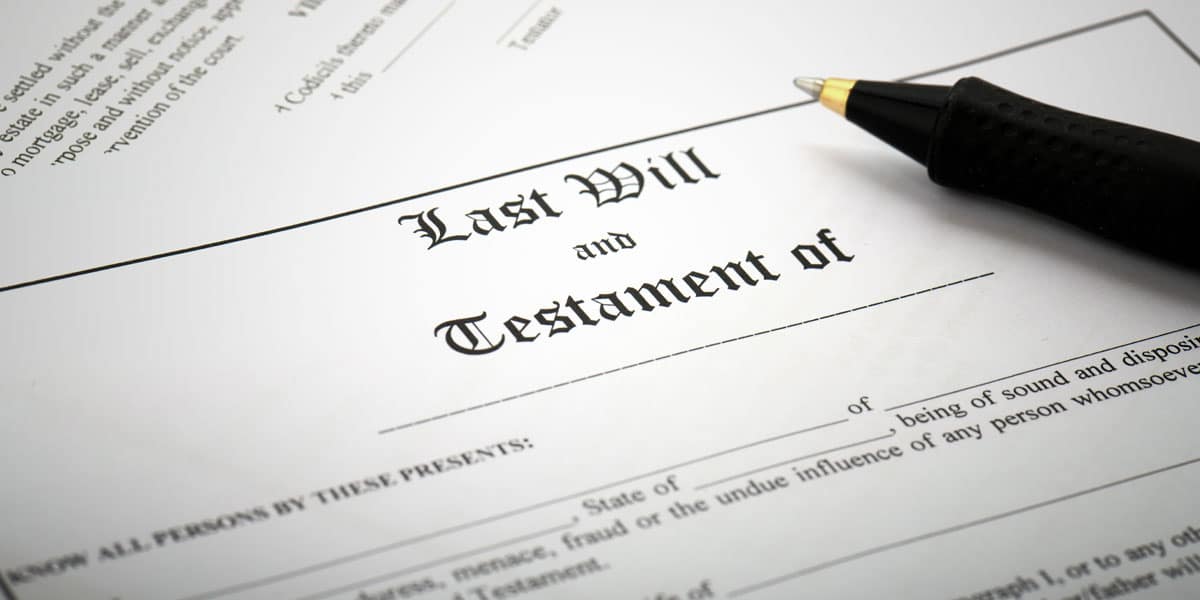Essential Legal Documents Every Senior In Wilmington Should Have

As you age, preparing legal documents becomes crucial. In Wilmington, seniors need certain documents to protect their rights and wishes. Without these, you might face unwanted situations. Key documents include a will, a power of attorney, and an advance directive. These ensure your desires are respected, both financially and medically. A will outlines how you want your belongings distributed. A power of attorney appoints someone to make decisions if you can’t. An advance directive informs doctors about your medical preferences. Each document serves a specific purpose, helping to avoid confusion or disputes. You might feel overwhelmed, but ignoring this could leave your family in a tough position. So, take steps now to secure your future. If you’re unsure where to start, get legal help today. Lawyers offer guidance on creating and updating these documents. With proper planning, you gain peace of mind and clarity.
Understanding the Will
A will is your chance to specify who gets what after you pass. Without it, your assets might not go where you wish. In Delaware, dying without a will means the state decides how your estate is divided. This process can be long and stressful for your loved ones. Creating a will gives you control and reduces potential family conflicts.
The Importance of a Power of Attorney
A power of attorney lets you choose who handles your affairs if you can’t. This person, called an agent, can make financial or healthcare decisions for you. It’s crucial to pick someone trustworthy. There are different types of powers of attorney, including general and specific. A general power of attorney gives broad powers, while a specific one limits the agent to certain duties. It’s vital to understand these options, so your wishes are followed precisely.
Advance Directives: Expressing Your Healthcare Choices
An advance directive spells out your healthcare wishes if you become unable to communicate. It can cover decisions like life support and resuscitation preferences. Discussing your wishes with family and your doctor ensures everyone understands your choices. This document also reduces stress for relatives faced with tough decisions. Consider writing an advance directive to avoid confusion later.
Comparison of Key Legal Documents
| Document | Purpose | Key Components |
| Will | Distribution of assets after death | Executor, beneficiaries, guardians for minors |
| Power of Attorney | Appoint an agent for financial/healthcare decisions | General vs. specific powers, agent selection |
| Advance Directive | Healthcare wishes when unable to decide | Life support, resuscitation, organ donation |
Common Mistakes and How to Avoid Them
Many seniors delay creating these documents, believing it’s unnecessary. Others might create them but fail to review them regularly. Laws change, and personal circumstances shift. Keep these documents updated to reflect your current wishes. Also, communicate with the people involved. Ensure your chosen agents and family know their roles and your preferences. These steps prevent misunderstandings in critical moments.
Legal Assistance and Resources
Finding the right legal help can seem daunting. Start by looking for attorneys who specialize in elder law. They understand the unique challenges seniors face. You can also use resources like the U.S. Department of State for guidance. Meeting with a lawyer ensures your documents are completed and filed correctly. This investment now saves trouble later.
In conclusion, the importance of legal documents cannot be overstated. They protect your interests and ease your family’s burden during emotional times. Don’t wait to put these protections in place. Proper planning gives you and your loved ones peace of mind, knowing your wishes are clear and legally binding.




